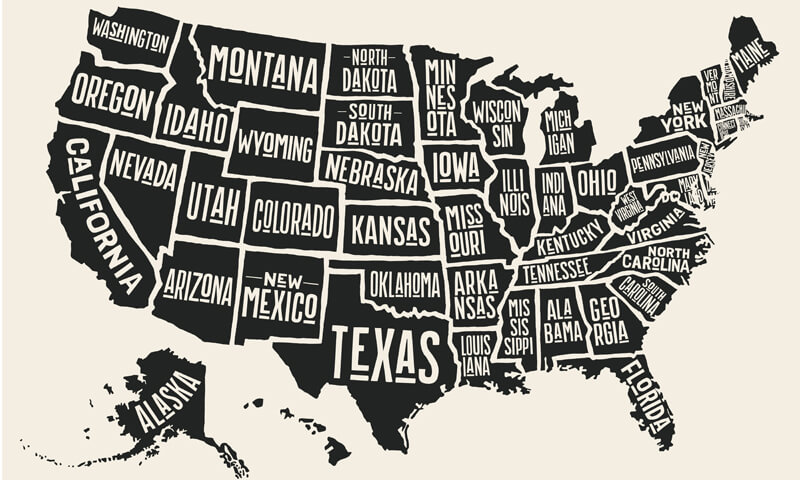Summary: Law school graduates have other options with their legal degree besides just being a practicing attorney.
Not everyone that attends law school plans on practicing law. There are a number of other career options that utilize a law degree but are in communications, business, politics, and more. Seton Hall University School of Law Dean Kathleen Boozang said in a U.S. News article, “We know from experience that a fair percentage of our students already are coming to law school intending to do something other than practice law.”
A greater number of students pursuing part-time programs fall into this category. Boozang stated that their part-time evening program has many students that work full-time jobs where a J.D. is an advantage but not a requirement.
Georgetown Law graduate Lisa Bertrand has had both legal and nonlegal jobs. She shared her advice, “A J.D. is a very powerful degree to have in your tool belt regardless of the field you end up working in.” She now works as a graduate school recruiter for the School of Engineering and Computing Services at the New York Institute of Technology. Bertrand encourages students interested in non-attorney jobs to make sure their law schools of choice offer electives in topics related to their desired career path.
Washington University in St. Louis School of Law alumnus and senior vice president of Main & Rose’s strategic branding company David Helfenbein said, “Law school is a challenging three years; it’s in many ways grueling, and it’s not for everyone. And for the people who aren’t sure they want to go, it’s really true that it’s advisable to take some time off to know what you want to do.”
The U.S. News article highlights three industries where a J.D. can be helpful.
1. Crisis Communications – Crisis communications is a form of public relations work that includes representing clients under threat of litigation, criminal charges, or just negative publicity. Helfenbein uses his law degree when working with clients dealing with public relations problems. He said, “People in crisis communications have to be very careful with the words that they choose just as lawyers have to be very careful with the words that they choose.”
2. Politics – Lobbyists often receive more credibility with politicians if they have a law degree. A law degree is often very helpful for those in government relations careers. Helfenbein states,” A lot of people in the political realm have law degrees, because it helps them understand the governing process beyond the basics that we learn in elementary or high school.”
3. Compliance – Boozang explains, “We know that so much of the business world, so much of industry is heavily regulated” so it makes sense for law school graduates to go into compliance jobs. Often executives in companies that are highly regulated pursue a legal education so they can understand the laws that control their business better.
Learn more about nontraditional jobs for those with a JD by reading 60 Nontraditional Jobs You Can Do with a Law Degree (and Should Strongly Consider Doing).
Do you think getting a law degree but not practicing law is a waste? Share your thoughts with us in the comments below.
To learn more about jobs where legal understanding is an advantage, read these articles:
- How to Use Your Law Degree without Practicing Law
- University of Utah Launches Master of Legal Studies Program
- Alternative Legal Careers for Attorneys







































